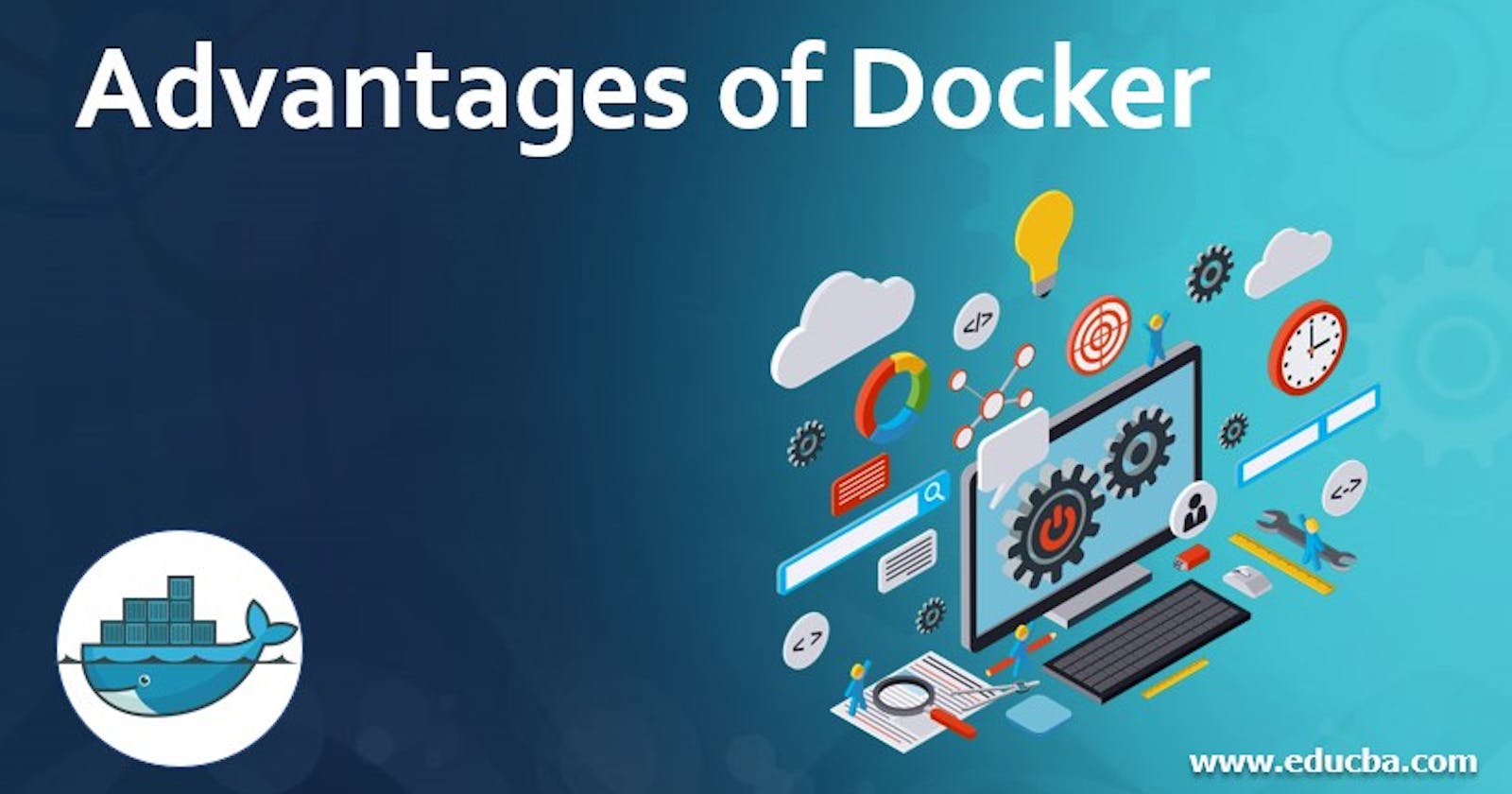Docker containers offer several advantages for developing, deploying, and managing applications in various IT environments. Here are some of the key advantages of using Docker containers:
Consistency Across Environments:
- Docker containers encapsulate an application and its dependencies, ensuring consistency between development, testing, staging, and production environments. This eliminates the "it works on my machine" problem and streamlines the software delivery pipeline.
Portability:
- Docker containers are lightweight and portable, making it easy to deploy applications across different infrastructure environments, such as on-premises servers, public clouds, or hybrid cloud setups. Containers run consistently regardless of the underlying infrastructure.
Resource Efficiency:
- Docker containers share the host operating system's kernel, allowing for efficient resource utilization. Containers have minimal overhead compared to virtual machines, leading to faster startup times and lower memory footprint.
Isolation:
- Docker containers provide process isolation, ensuring that applications run independently of each other and do not interfere with the host system or other containers. This isolation enhances security and stability by containing potential issues within the container.
Modularity and Microservices:
- Docker containers promote modularity and microservices architectures by encapsulating individual components of an application into separate containers. This enables easier development, testing, scaling, and maintenance of complex distributed systems.
Rapid Deployment:
- Docker containers can be deployed quickly, allowing for fast iteration and continuous delivery of applications. Containers start and stop almost instantly, reducing deployment times and enabling seamless scaling to meet changing demand.
Version Control and Rollbacks:
- Docker images are versioned, enabling developers to track changes to application dependencies over time. This facilitates version control, rollbacks to previous versions, and ensures reproducibility of builds across different environments.
Ecosystem and Tooling:
- Docker has a rich ecosystem of tools, frameworks, and services that complement containerized workflows. This includes container orchestration platforms like Kubernetes, CI/CD pipelines, monitoring solutions, and integration with DevOps tools.
Scalability:
- Docker containers are designed to scale horizontally to handle increased workload demands. Container orchestration platforms like Kubernetes or Docker Swarm automate scaling and load balancing, ensuring applications remain responsive and available.
DevOps Enablement:
- Docker containers are a fundamental building block for DevOps practices, enabling collaboration between development and operations teams. Containers facilitate continuous integration, continuous delivery (CI/CD), infrastructure as code (IaC), and other DevOps workflows.
Overall, Docker containers offer numerous benefits for modern software development and deployment, empowering organizations to build, ship, and run applications more efficiently and reliably.
